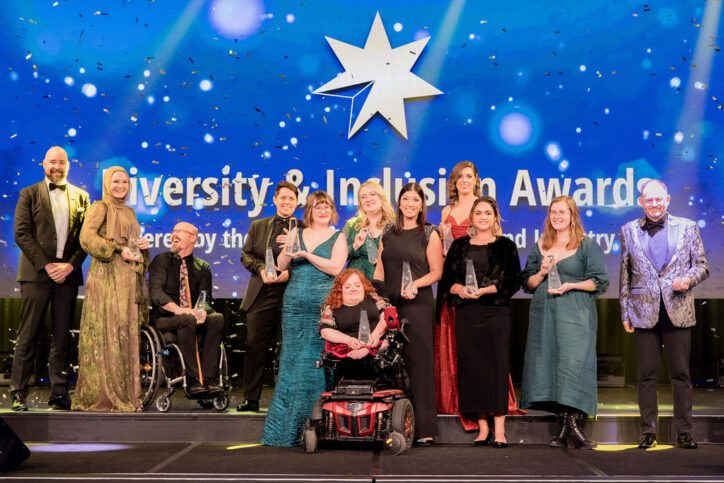If your enterprise agreements are up for renewal, the CCI can help you save time and effort developing new ones.
Employee Relations Consultant Tomas Connolly, who has helped many employers negotiate enterprise agreements, will give an overview of recent trends and challenges as part of the HR Link Quarterly Briefing on February 27.
Connolly will talk about the process – from negotiating a new enterprise agreement with unions and employees through to dealing with findings from the Fair Work Commission.
He will offer advice on how agreements can meet the ‘better off overall test’ and other requirements, as well as run through some case studies of where and why employers have had to rework some of their negotiations.
He says that recently, agreements have taken up to three months to be assessed by the FWC.
“When we hear from the FWC, they often come back with a list of items from the agreement they do not believe adequately meet legislative criteria.
“Frequently this includes conditions that the FWC are not satisfied will leave employees better off overall compared to the relevant modern award. If they can, the FWC will allow the employer to make undertakings to correct any shortcomings,” he says.
“The FWC is taking a stricter approach to agreement approvals and we are certainly seeing a lot more agreements being approved with undertakings in the last 12 months.”
To approve an enterprise agreement, the FWC must be satisfied that:
- the agreement has been genuinely agreed to by the employees covered by the agreement
- in the case of a multi-enterprise agreement, the agreement has been genuinely agreed to by each employer covered by the agreement and that no person coerced, or threatened to coerce, any employers to make the agreement
- the agreement passes the ‘better off overall test’
- the agreement does not include any unlawful terms, terms that are inconsistent with the NES, or terms about textile clothing or footwear outworkers
- the group of employees covered by the agreement was fairly chosen
- the agreement specifies a date as its nominal expiry date (not more than four years after the date of FWC approval)
- the agreement provides a dispute settlement procedure
- the agreement includes a flexibility clause and a consultation clause
- approval is consistent with good faith bargaining
- for multi-enterprise agreements, only employers whose employees have approved the agreement are included
- textile clothing or footwear outworkers do not have detrimental terms compared with those under awards or industrial instruments.






